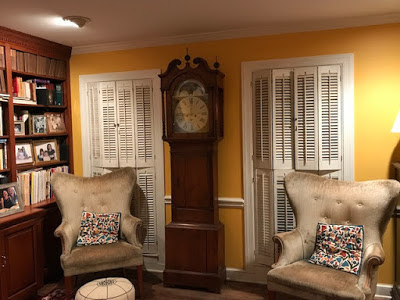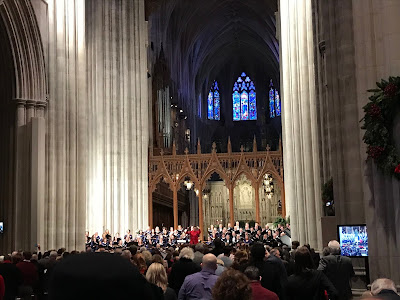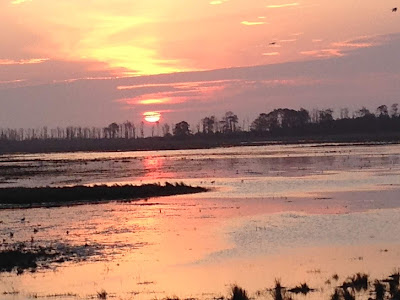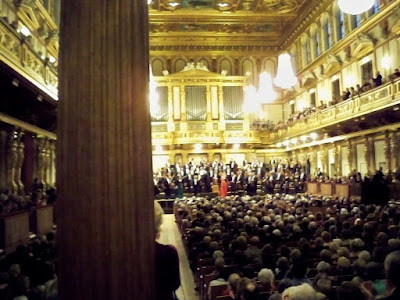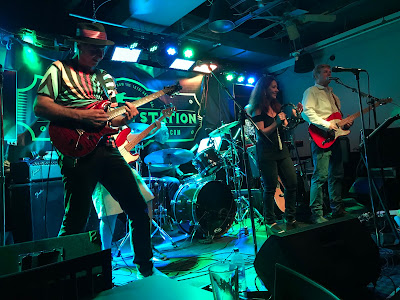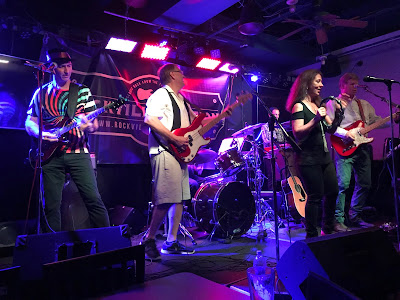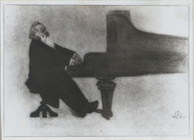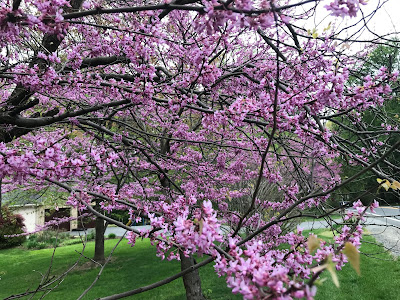I often go to a Saturday-evening church service that “counts” for Sunday (it’s a Catholic thing), and was surprised when I arrived to see the red wall hangings and vestments. I had forgotten that it was Pentecost, or more technically, it was Pentecost Eve. Turns out, I had unwittingly worn orange, and so was semi-appropriately decked out for the feast day.
I’ve written about Pentecost before, noting that it was a celebration of clarity, that from the many voices came one. What spoke to me this time, though, was the jubilation of it all: the extra prayers (a sequence before the gospel), the special blessing, and, of course, the music.
It dawned on me, then, and not for the first time, that one of the needs church meets for me is singing aloud. I’m not saying I don’t go for spiritual strengthening and inspiration. But to join voices with hundreds of others is not an opportunity I’m given every day.
We opened with “Come, Holy Ghost.” Thanks to my parochial schooling, I know the words so well that I didn’t even crack the hymnal till the second verse. “Come with thy grace and heavenly aid, to fill the hearts which thou hast made. To fill the hearts which thou hast made.” I could almost hear my seventh- and eight-grade classmates belting it out with me, struggling as usual to reach that high “D.”
